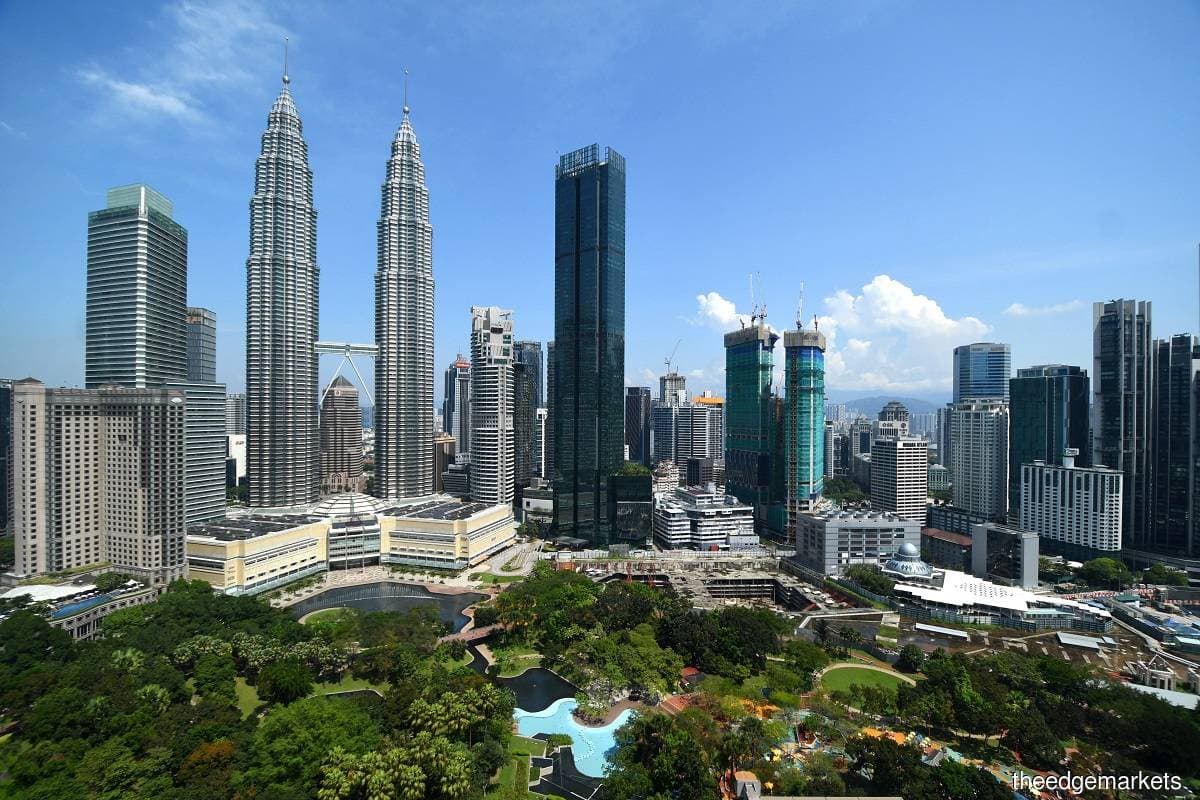
KUALA LUMPUR (July 21): The Asian Development Bank (ADB) lowered its economic growth forecast for Malaysia to 5.8% for 2022 and 5.1% for 2023.
In ADB’s Asian Development Outlook (ADO) 2022 Supplement released on Thursday (July 21), the bank said increased uncertainty and weaker global growth are dampening Malaysia’s prospects.
It said the growth of 5% in the first quarter of 2022 (1Q22) was underpinned by strong private consumption and increased government assistance through the Bantuan Keluarga family assistance programme.
“But business confidence and the PMI (Purchasing Managers’ Index) continue to soften in step with weaker global prospects and supply disruptions from cities in China that were locked down to tackle Covid-19 outbreaks.
“Agriculture growth remained marginal in 1Q due to adverse weather conditions and input-cost shocks from the war in Ukraine,” it said.
ADB said tourism is making a slow recovery, adding that arrivals this year are expected to be only a third of the pre-pandemic level, despite the country reopening its borders to international visitors in April.
Meanwhile, the bank lowered its economic growth forecast for developing Asia and the Pacific to 4.6% this year due to slower expansion in China, more aggressive monetary tightening in advanced economies, and fallout from the continued Russian invasion of Ukraine.
In ADB’s ADO 2022 Supplement, the outlook compares with a projection of 5.2% issued by ADB in April.
The bank also raised its forecast for inflation in the region, amid higher prices for food and fuel.
The report said developing Asia and the Pacific is continuing its recovery from the Covid-19 pandemic.
It said many countries are easing mobility restrictions, which is strengthening economic activity.
However, it said growth has slowed in China, the region’s largest economy, due to disruption from new Covid-19 lockdowns, as well as weaker global demand.
ADB chief economist Albert Park said the economic impact of the pandemic has declined across most of Asia, but countries are far from a full and sustainable recovery.
“On top of the slowdown in China, fallout from the war in Ukraine has added to inflationary pressure that’s causing central banks around the world to raise interest rates, acting as a brake on growth.
“It’s crucial to address all these global uncertainties, which continue to pose risks to the region’s recovery,” he said.